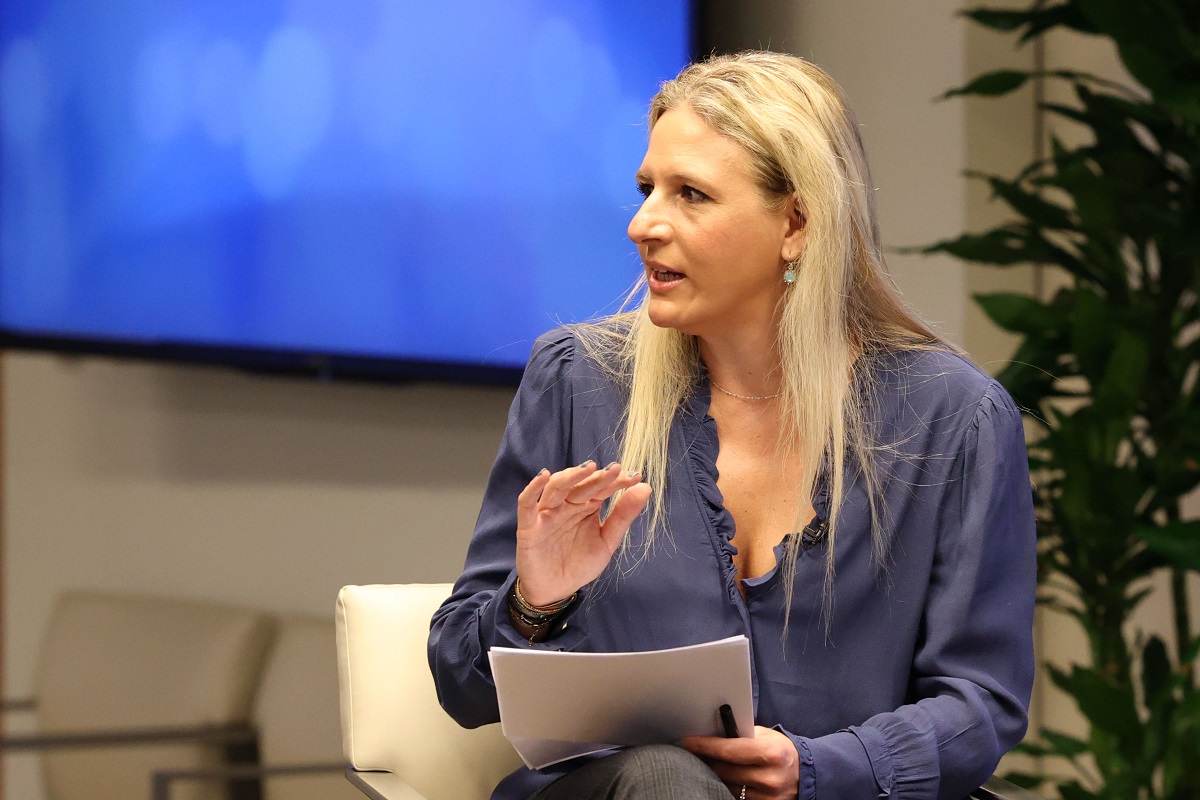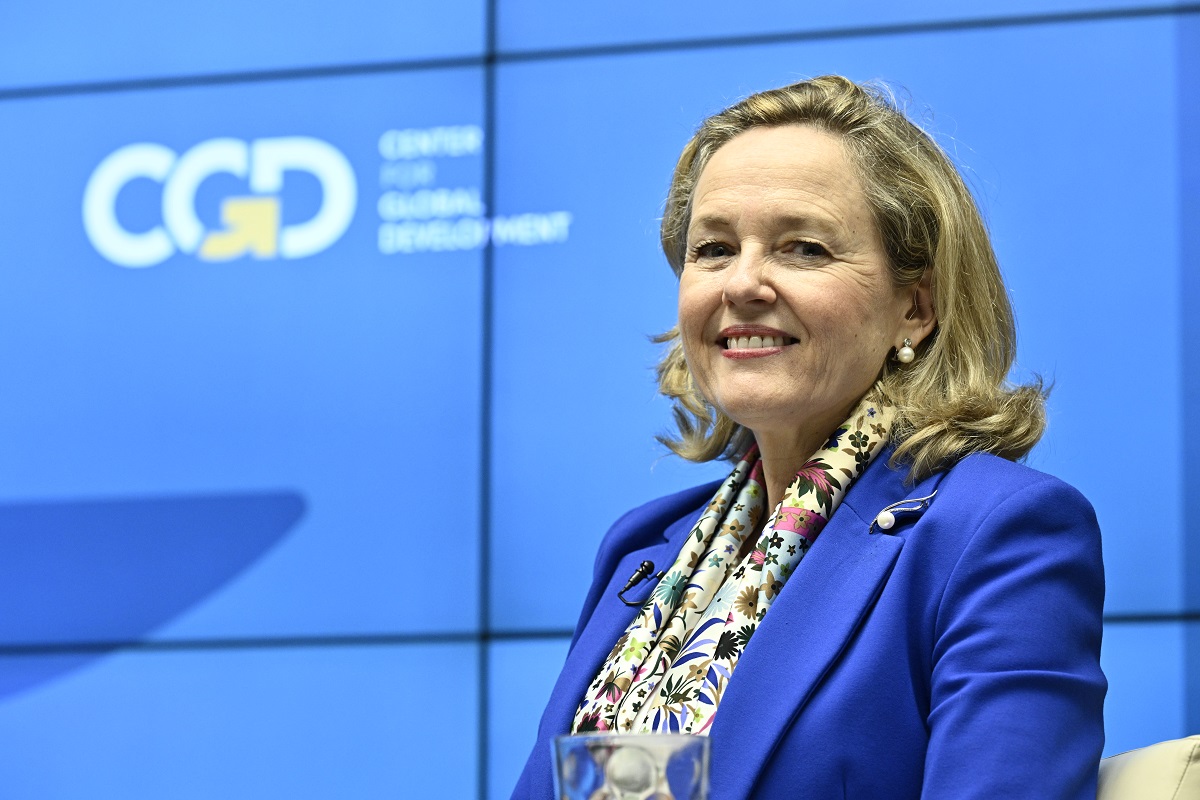This post also appeared on the Huffington Post on July 7, 2009.

Leaders of the worlds’ eight richest countries gather this week in Italy for the annual G8 summit. Crowding their agenda will be the financial crisis, climate change, and food security. Education should be high on the agenda, too. Others agree with me:
three prominent moral leaders have written to the G8 urging them live up to their prior promises to ensure that every girl and boy has a chance for an education.
Time is critical. Across the developing world, the spreading impact of the financial crisis that began in the United States is forcing poor families to withdraw their daughters and sons from school. Once children quit studying they rarely return to the classroom. Though national economies recover, the kids will have lost the opportunity of a lifetime.
Even before the crisis hit, some 75 million children around the world lacked the opportunity to receive even a basic education. Despite repeated pledges to help, donors and international funding agencies are not doing enough to help.
Aid for basic education has stalled at under $4 billion per year. UNESCO estimates that for an additional $7 billion per year we could ensure that all children get the start in life they need to thrive in the modern world. Sound like a lot of money? It’s less than 1 % of what we have spent globally on bank bailouts.
Fortunately, we aren’t starting from scratch. The Education for All Fast Track Initiative (FTI)
1, has laid a strong foundation for future progress. The FTI has helped some 38 countries to prepare solid plans to expand their systems and to improve the quality of learning for millions of children. Developing countries have shown their commitment by increasing budgets. In many FTI countries 80 percent of the education budget is covered by the countries themselves.
But the FTI has been less successful in raising additional cash from donors. The FTI Catalytic Fund has suffered from delays in initial disbursements –in some cases up to 2 years – as a result of having to follow World Bank project procedures. The Catalytic Fund is heavily dependent on a small number of donors and faces a funding shortfall of $1.2 billion for this year alone.
There are signs that the United States may be ready to provide the fresh political will needed to break this impasse. During his election campaign, President Obama promised to back a $2 billion U.S. contribution to a proposed global education fund. Secretary Clinton has championed universal global education for nearly a decade. The UK Prime Minister, Gordon Brown has offered to work in partnership with the U.S. to get this job done. But this is not a job for one or two countries – this requires the leadership of the whole G8 and maybe even the G20.
There are many questions still to be answered. What exactly would a Global Fund for Education look like and how would it build on the success of the FTI? What would be the role of the World Bank and the other multilateral development banks and UN agencies in such an arrangement? How would a new fund support education in fragile states and conflict areas, where half of the out of school children live?
Tough as these questions are, what is needed now is a strong signal of commitment from the world’s richest nations that they are ready to live up to prior promises to ensure that every child in the world has an opportunity to learn to read and write.
If the G8 acts on this, they can then take the initiative to the G20, a wider forum that has grown out of the crisis and is increasingly important in setting global priorities.
Once in a while, something real comes out of a G8 Summit. The last G8 Summit in Italy in 2001 set up a task force to establish the Global Fund to Fight Aids, TB and Malaria. Within six months the job was done. There is now an historic opportunity to repeat this success in the education sector. Let’s hope the G8 does not miss the chance to complete this critically important task.
--------------------------------
1Desmond Bermingham was previously the head of the secretariat for the Education for All Fast Track Initiative.
CGD blog posts reflect the views of the authors, drawing on prior research and experience in their areas of expertise.
CGD is a nonpartisan, independent organization and does not take institutional positions.


 Leaders of the worlds’ eight richest countries gather this week in Italy for the annual G8 summit. Crowding their agenda will be the financial crisis, climate change, and food security. Education should be high on the agenda, too. Others agree with me:
Leaders of the worlds’ eight richest countries gather this week in Italy for the annual G8 summit. Crowding their agenda will be the financial crisis, climate change, and food security. Education should be high on the agenda, too. Others agree with me: 


